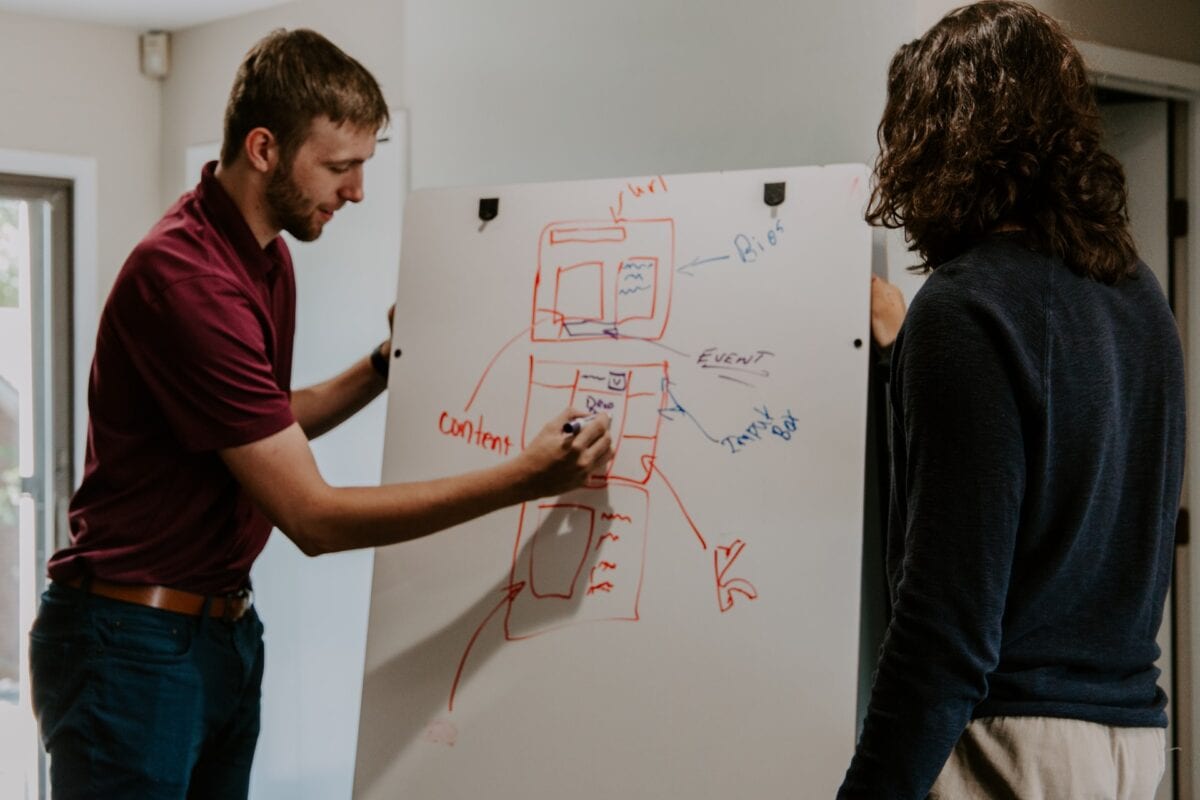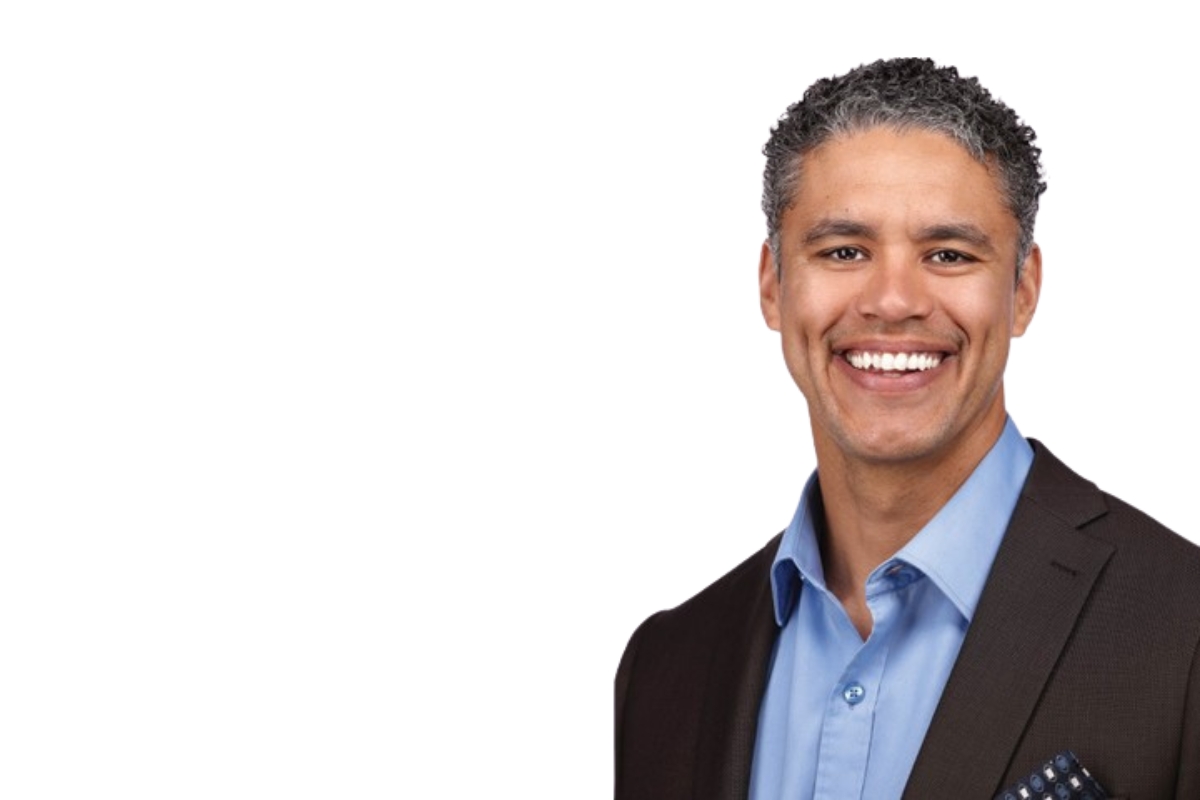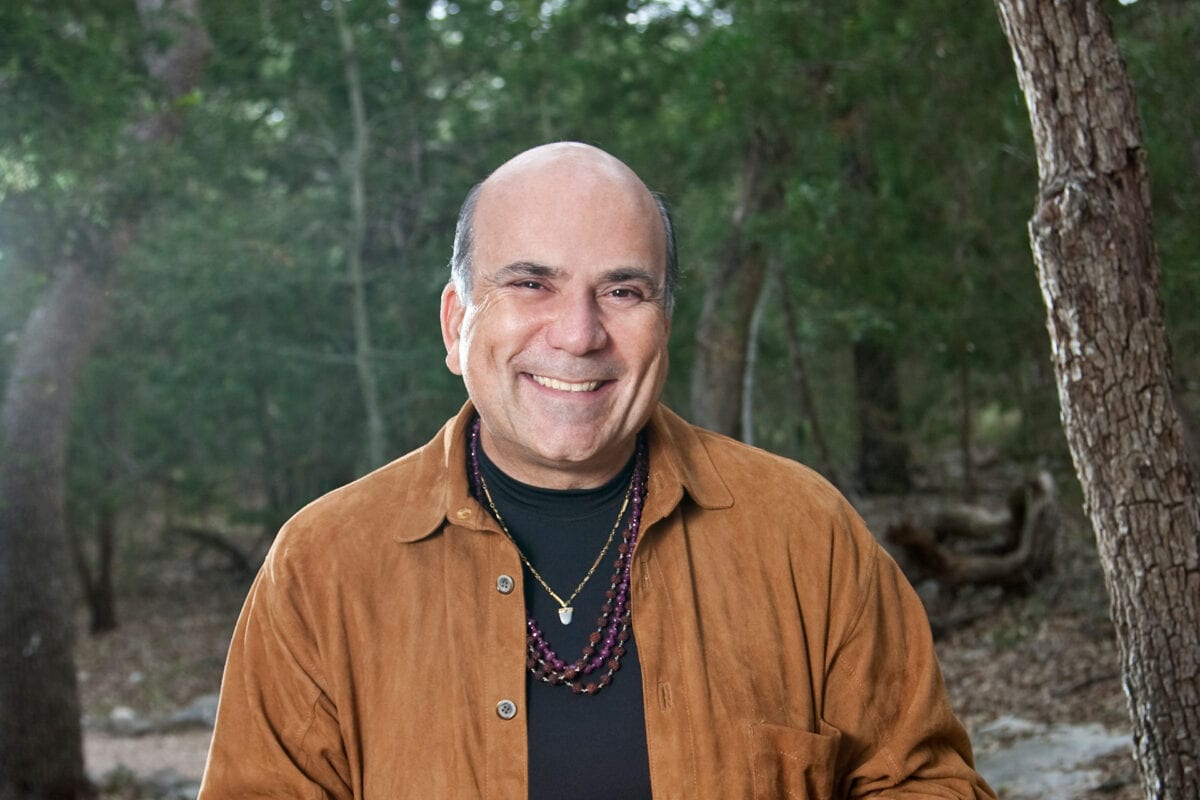When he’s not surfing on the Great Lakes, spending time with family, or working shifts as an emergency department physician at two busy hospitals, Dr. Justin Losier is helping to make medicine more accessible. He is the co-founder and Chief Medical Officer of Rocket Doctor, a telemedicine platform, which over the past year has helped reach over 60,000 patients (and counting!) in Ontario, Alberta, British Columbia, and California.
Dr. Losier took time out of his busy schedule to talk with The Edge about learning, the challenges of co-founding a start-up, and providing help to others.
In addition to being a family and emergency physician, tell us about how you co-founded a start-up in virtual care. What was the motivation, and what was the groundwork needed to launch this start-up?
My dad was a real estate agent and I was always interested and curious about business. From a young age, I got involved with altruistic activities and volunteering. I always wanted to give back, which led me into medicine. William Cherniak, [Rocket Doctor’s] CEO and founder, talked to me about an idea he had. We work together at the same emergency department and were noticing patients were scared about COVID and were waiting much longer than usual [and becoming sicker] before going to the hospital. A lack of PPE forced a lot of family doctor offices to close and telehealth [24/7 phone information line] was overwhelmed. Wait times were hours, or even days. We wanted to do something to address this. William offered me the opportunity to come on board as the medical director, which led to becoming the chief medical officer. This was an opportunity to address patient needs, not only during the pandemic, but also more broadly on a population level.
A really powerful motivator was being able to make more systematic changes that have far-reaching, positive implications. With regards to the groundwork, I didn’t have any formal business training; launching a start-up is a massive endeavour—logistics, technology, recruitment, communicating to the public about our services was all overwhelming initially. We took a few months to open our virtual doors, while we made sure we knew what was needed, fundraised, and built the company from the ground up. I joke to my family that I’ve done an MBA at the school of Rocket Doctor because it’s been such an educational whirlwind. We need to understand the healthcare challenges patients face, and how best we can address those in a virtual manner, in a safe, compassionate, and comprehensive way, while ensuring that it remains free and accessible.
What were the challenges you faced in setting up Rocket Doctor and the uptake of telemedicine from the perspective of patients and doctors?
When introducing something new, there’s always going to be challenges. Telemedicine has certainly had new developments, especially since March [2020]. From a patient’s perspective, access can be obtained through different devices—computers, tablets, phones—but sometimes, software or hardware isn’t always up to date, or patients have a poor internet connection which can cause challenges beyond our control. Sometimes patients expect a duplicate of an in-person physical exam done virtually, which isn’t possible yet.
With good communication and education, a lot of those challenges can be properly addressed. I recruit physicians regularly and I hear some of the challenges they’ve struggled with, such as logistical operations or technology in telemedicine. Others have difficulty not being able to examine patients in the same way that they would in-person. We provide physicians with an experience they can be comfortable with in providing timely, patient-centered care. That’s really enabled us to grow organically as a company. Physicians who may have previously been skeptical now love it as they like the convenience and ability to provide good, quality care to people who need it badly and who don’t necessarily have access to it elsewhere.
What has the journey with Rocket Doctor been like so far? After a year of experience, what do you wish you knew then that you didn’t at the start of the launch?
It’s certainly been an adventure of epic proportions. I never would have dreamt I’d be in the position I am today. In a start-up and in medicine, you work long hours—I’m no stranger to that—it’s difficult and arduous, as it should be. What I found surprising and unexpected was how all-encompassing being a co-founder of a company is. In the emergency department, work generally stops when you leave the hospital. You might think about cases when you go home, particularly difficult ones, but in general, you get a break. However, as a co-founder of a company, that’s not the case. There are always things you can be doing to help make the company more successful, which generally [doesn’t] stop unless you choose to draw boundaries. You have a vested interest in the company, and you want it to succeed. I think one of the things I wish I had known was that no matter what you accomplish, there’s always the next challenge, the next stage of growth, or another project to take on. Knowing that sooner would have helped me to continue to prioritize personal time, especially when working long hours during the beginning stages.
In your opinion, what qualities are needed to be a leader in the healthcare space?
Leadership can be exhibited in lots of different ways. You need to communicate with your leadership team openly and effectively. This includes anyone you are supervising, as well as operations, administrative staff, and other [networks] of healthcare professionals. As a group, you’re always moving towards shared common goals. As a company, the aim is to provide excellent patient care, and change the nature of how comprehensive health care is delivered in Canada and the United States. Commitment, perseverance, and patience is a necessity at any start-up. As Canada is relatively new to the telemedicine sphere, I think it requires fearlessness and passion to follow the conviction of our company’s vision. We’ve learned a ton from our investors, our mentors and from one another. It’s also important to admit when you don’t have the answers, or when you need advice. As a leader, humility is so important because being arrogant or cavalier can be dangerous, especially in medicine, and applying leadership skills to anything you are doing is essential to success.
Stephanie Hawkins | Contributing Writer




















